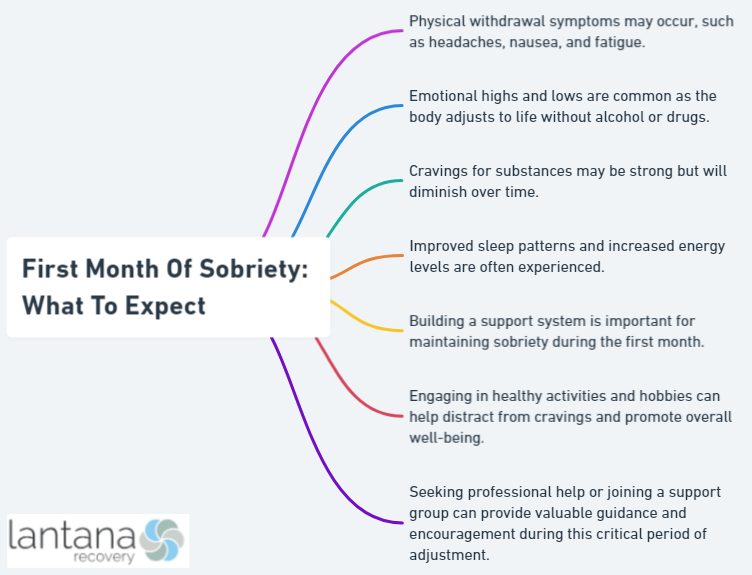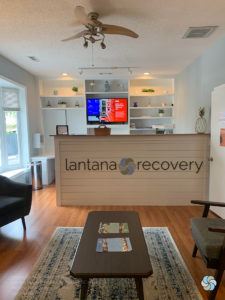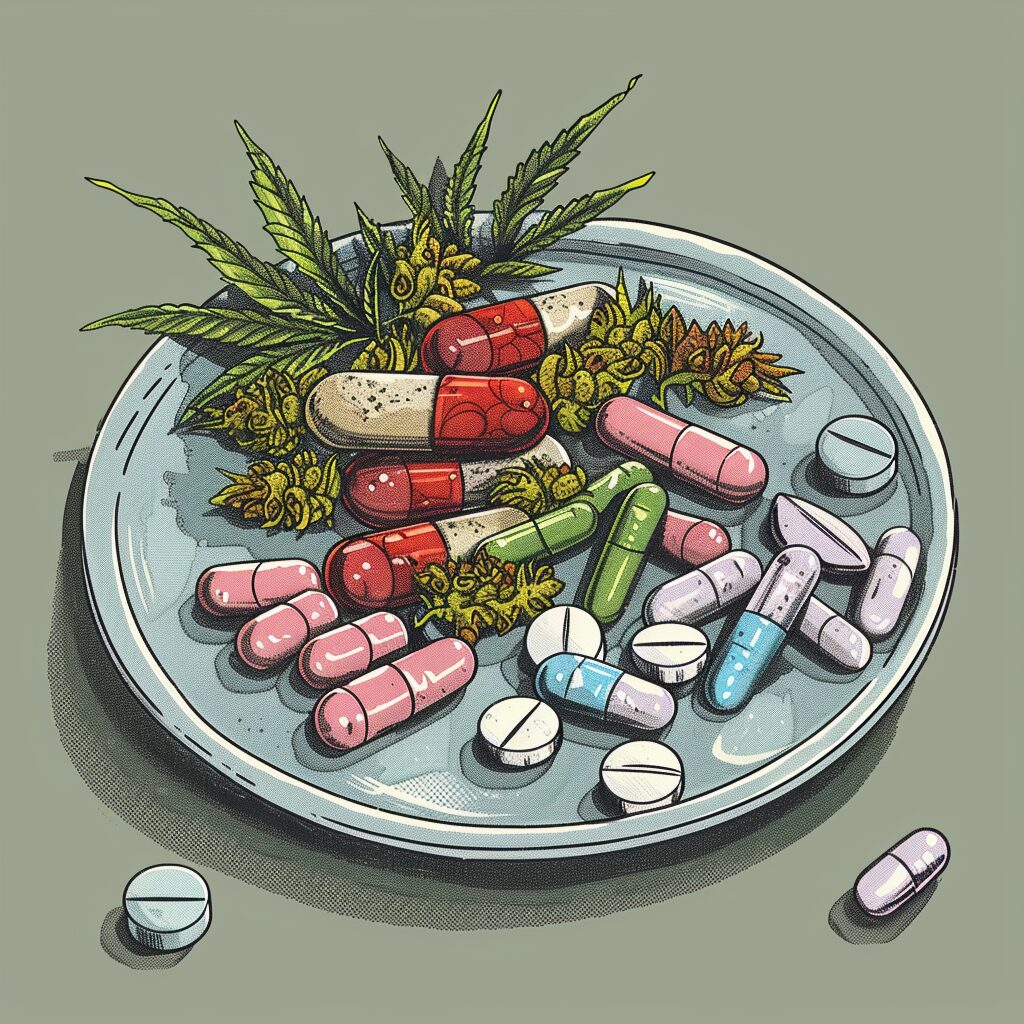Key takeaways:
- The first 30 days of sobriety are the most challenging and crucial for long-term success.
- Sobriety involves dealing with withdrawal symptoms and emotional challenges.
- The support of friends and family is important for achieving long-term sobriety.
- The time it takes to get used to being sober varies from person to person, ranging from a month to a year or more.
- During the first three days of sobriety, withdrawal symptoms like headaches, tiredness, and restlessness are common.
- The first two weeks involve detoxing from alcohol, experiencing insomnia, and dealing with emotions.
- Weeks three and four may involve mood swings, anxiety, and “drunk dreams” as the mind adjusts to sobriety.
- Advanced recovery systems, addiction treatment programs, support groups, behavioral therapy, and medications can all be helpful during the first 30 days of sobriety.
It is said that the first 30 days of sobriety are the hardest of all and if you can make it through it, you’re on the right track! You’re not expected to be sober immediately but in your first month of sobriety, the first thing is to get rid of all the alcohol/drugs in the body gradually and then deal with the withdrawal symptoms. The first month is the most challenging time and the risk of relapse is higher in this duration. This is a really important decision and will need a good deal of willpower and dedication.
What Does Sobriety Look Like:
Early sobriety will be overwhelming and flooded with emotions and sensory overload. It is a step towards a bigger and brighter future. Sobriety will not be a very straightforward journey but an emotional roller coaster. One day might feel energetic and bright and the next will be gloomy and depressive. There will be a lot of physical and emotional changes going on and it will be the best decision you have made in the end.
Leaving substance abuse is not only challenging for a person but also for their friends and family. And it is absolutely important to have the support of your close ones during this time in order to achieve long-term results with success.
How Long Does It Take To Get Used To Being Sober:
The thing about sobriety is that it is relative. There are a lot of factors that affect people and their drinking habits differently. All people experience it in their own way. It can take from a month to a year to quit drinking completely. Mostly it takes 16 months to a year for habitual drinkers and people who haven’t been long-term addicts, and three years or more for long-term addicts. These and some factors determine the time it will take for someone to get sober.
After getting rid of substance use, you will experience many changes throughout the first 20 days of sobriety and these first 30 days of sobriety are also the most important ones.
Following are some things that might experience during your first month of sobriety:

First Three Days of Sobriety:
The first 2-3 days of sobriety are known to be more of an emotional rollercoaster. The start of your alcohol addiction treatment will have you be energetic and fresh at the start of the day but as the day goes along you might start to feel the anxiety that you drank to appease. This is where the urge to drink for the time being and restart sobriety the next day, will be the strongest. And if manage to get through it sober, this is where the real sobriety will start and you will have positive things to look forward to.
The first three days are when the withdrawal symptoms are the highest. They are characterized by the following symptoms:
- Headache
- Paranoia
- Tiredness
- Sleeplessness
- Restlessness
- Increased heart rate
- Nausea
- Repulsion to food
- Excessive sweating
Substance abuse symptoms differ for everyone depending upon the level of addiction a person has, their physical and mental health, and other factors.
Symptoms might also so get very serious and a person might need to be hospitalized. These symptoms are treated with different medications like benzodiazepines, neuroleptics all nutritional support. They are good for reducing the chances of seizures and help manage restlessness and anxiety, Neuroleptics can also so dull nervous activity, and nutritional support helps with managing the amount of nutrition a person receives during their food repulsion or loss of appetite due to their withdrawal symptoms. Different medications are administrated by the medical staff depending upon the range of symptoms and a person’s health and level of alcohol abuse.
The First Two Weeks of Sobriety:
Leading up to the first week of being sober you might start to get mild headaches, followed by insomnia and occasional dreams that might lure you back into drinking. This goes on for the second week as well and it happens because the toxins are leaving your body during this time. Anxiety, restlessness, irregular speech, and feeling a little antsy, are common during the first and second weeks of sobriety but nothing that can be helped! You can use things like stress balls, silly putties, slap bracelets, or quick breath exercises to help you deal with restlessness and anxiety. Breathe exercises are also great for keeping the mind fresh and getting more oxygen to the brain. This helps induce sleep as well!
The best way to deal with the urges during the first 2 weeks is to get help. You can make a mini-goal list for yourself to remember why you got sober and why is it important to stay sober. Having something to look forward to is always a great way to help fight alcohol abuse. You can start seeing a therapist in early sobriety or just talk to a loved one. There are sobriety support groups as well that can be of great help. As for the sleep issues during the first week, anything that helps you relax is great to induce sleep. Take a hot bath with Epsom salt to help the detox process. Meditate or go for an evening walk. Some physical activity is definitely great to tackle restlessness and induce sleep!
Week Three to Four of Sobriety:
Week three is where the mind games start. With this decision, your body is ready to quit drinking and go sober but your mind is going to trick you into thinking the whole thing might not even be worth it. There will be noticeable changes in your mood and you might get angry too often during weeks 3 and 4. This will be a little more intense than the restlessness you faced in the first two weeks. By this time the body and mind have completely detoxed and you might notice physical changes as well but the emotional need for alcohol will get stronger. You might also feel agitated and off balance.
This is also accompanied by more severe “drunk dreams”. It’s not a very pleasant phase and it leaves behind a feeling of being drunk in your sleep. These dreams are known to be really vivid and a common cause of relapse. As we know, “people with co-occurring disorders who achieve sobriety use a variety of self-management strategies to prevent relapse—seeking support, activities, and a healthy mindset” (Long-Term Sobriety Strategies for Men With Co-occurring Disorders, Luciano et al., 2014.)
- Roughly half of individuals with severe mental disorders also have a co-occurring substance use disorder.
- Recovery from both disorders is a crucial goal for healthcare services.
- While there is an understanding of abstinence initiation, little is known about the strategies used by people with co-occurring disorders to maintain sobriety.
- Participants maintained sobriety by building a supportive community, engaging in productive activities, and closely monitoring their attitudes toward substances, mental health, and responsibility.
- Alcoholics Anonymous played a role in building skills and supporting their sobriety efforts.
During the fourth week of sobriety, you might also feel a bit of sensory and information overload. It is because alcohol addiction and substance use not only causes emotional distress, it significantly damages the brain and nervous system. One might get overwhelmed, and develop noise sensitivity and overall restlessness and migraine in some cases. So during this time, you have to prepare your body for a flood of senses. It happens because alcohol damages the brain’s capability to retain and save information, and once the toxins are out of the body and mind, all the information starts to flood in and the body isn’t ready to handle that yet. But it is nothing to worry about as it goes away after a while once the body and brain pick up the same pace.
Now that we have established what should one expect from the first 30 days of sobriety, let’s take a look at resources that can help fight the emotional distress, drunk dreams, withdrawal, and other symptoms leading you to the path of long-term sobriety. To conclude, the first 30 days will be filled with physical distress and uncertainty. Most of the time people start to feel extremely depressed but that’s nothing to panic about. When the toxins leave the body, there are a lot of things that you will perceive that the alcohol has previously blocked out and since the brain is addicted to the dopamine from the alcohol, it might lead to depression initially. What you can do is trade it with something more healthy and useful like indulging in a hobby. Long-term plans are needed and an overall checkup should also be conducted.
Advanced Recovery Systems:
A review of 39 studies on the benefits of addiction recovery, overcoming addiction leads to sustained abstinence, improved physical and psychological health, improved quality of life and satisfaction, meaningful living, and citizenship. Advanced recovery systems include addiction treatment programs, local and online support groups, therapists, reading sober guides, etc. Here’s how you can get help dealing with the first 30 days of sobriety:
1. Drug Addiction Treatment Program:
Addiction treatment programs and rehab centers are excellent ways to get help with alcohol addiction. For long-term addicts, the first month can be the hardest, and enrolling in a rehab center or a sober house will be really helpful for them in fighting withdrawal and relapse. If enrolling in rehab isn’t an option, outpatient rehab is also a possible choice. They are a huge success with people who can’t directly enroll in rehab and will provide a personalized plan for the person tailored around their needs.

2. Sober Support Groups:
The first month of sobriety can take a toll on a person’s mental health and having someone to talk to like a friend, is a huge help. But strong ongoing support from specialized substance abuse support and/or religious groups, interpersonal relationships with family, spouses, and sponsors as well as supportive work environments played a major role in sustaining recovery as you are learning from the experience of other people and sharing your struggles. Alcoholics Anonymous is also a great resource for this purpose. Mental health plays a great role in addiction treatment and you should never be afraid to ask for help!
3. Behavioral Treatment Program:
Counseling is really crucial in achieving long-term sobriety. Behavioral therapy helps with “drunk dreams” as well and deals with problems that led to the addiction in the first place. Eliminating alcohol won’t be alone enough. Plans have to be made to remove the cause of this addiction which is why you need to see mental health professionals to help you get through this phase.
A primary care doctor will first evaluate the person’s drinking pattern and create a treatment plan for them. The overall health is also taken into consideration and medications are recommended. Then come psychiatrists, social workers, and psychologists. They are mainly involved in the behavioral treatment of the addict. Once a person is sober, they can still get alcohol counseling in order to maintain their sobriety without a risk of a relapse in the future. The path to staying sober is not an easy one, but that does mean you have to do it alone!
4. The 12-Step Program:
The 12-step program is a diverse program used to treat various kinds of addictions and behavioral problems, including alcohol addiction, and is mainly based on spiritual principles. The steps include:
- The first step is honesty, Admitting that habitual alcohol consumption has reached a level of addiction
- The second step is faith. It revolves around believing that you can fight your addiction and making it your mission to recover with success.
- The third step is surrendering to a higher power.
- The fourth step is soul searching finding a spiritual meaning in your life.
- The fifth step is integrity and one of the most difficult steps and provides an opportunity for growth.
- Next comes acceptance.
- Humility is really important in fighting addiction and generally any problem.
- The last but not least steps are willingness, forgiveness, maintenance, and making contact. It also requires you to guide others once you are done with your recovery.
The 12-step program is really popular all over the world and provides great opportunities for growth and healthy coping mechanisms for people dealing with alcohol addiction and helps them in staying sober.
5. Medications:
Administered drugs used for alcohol addiction treatment are Naltrexone, Acamprosate, or Disulfiram. These medications are used to maintain abstinence, reduce heavy drinking, and detox. They also reduce withdrawal symptoms like nausea and headaches. Sometimes drugs like Xanax and other anxiety-reducing medications are also paired up to help fight depression that comes within the first few weeks of sobriety and can only be recommended by a doctor.
Bottom Line:
The first month and the following few months of sobriety will be filled with dramatic change and challenges but it is important to remember why you need to get sober and experience those struggles. It will not be something easy but neither it is impossible. Alcohol addiction controls a person’s life drastically by taking control of their mind and most of the time something they say or decide will not even be coming from but from the effect of alcohol. This affects a person’s relations, with family and friends, their work and social life, and everything else that matters.
The first month might also be leading to a constant sense of guilt or shame once the toxins start to leave the mind. But it is important to remember that there is nothing to feel bad about. The anxiety will be bad for the first month but it should not take control over their senses. At Lantana, we believe that this will not be an overall pleasant experience but worth the positive change and satisfaction it will bring into your life.








